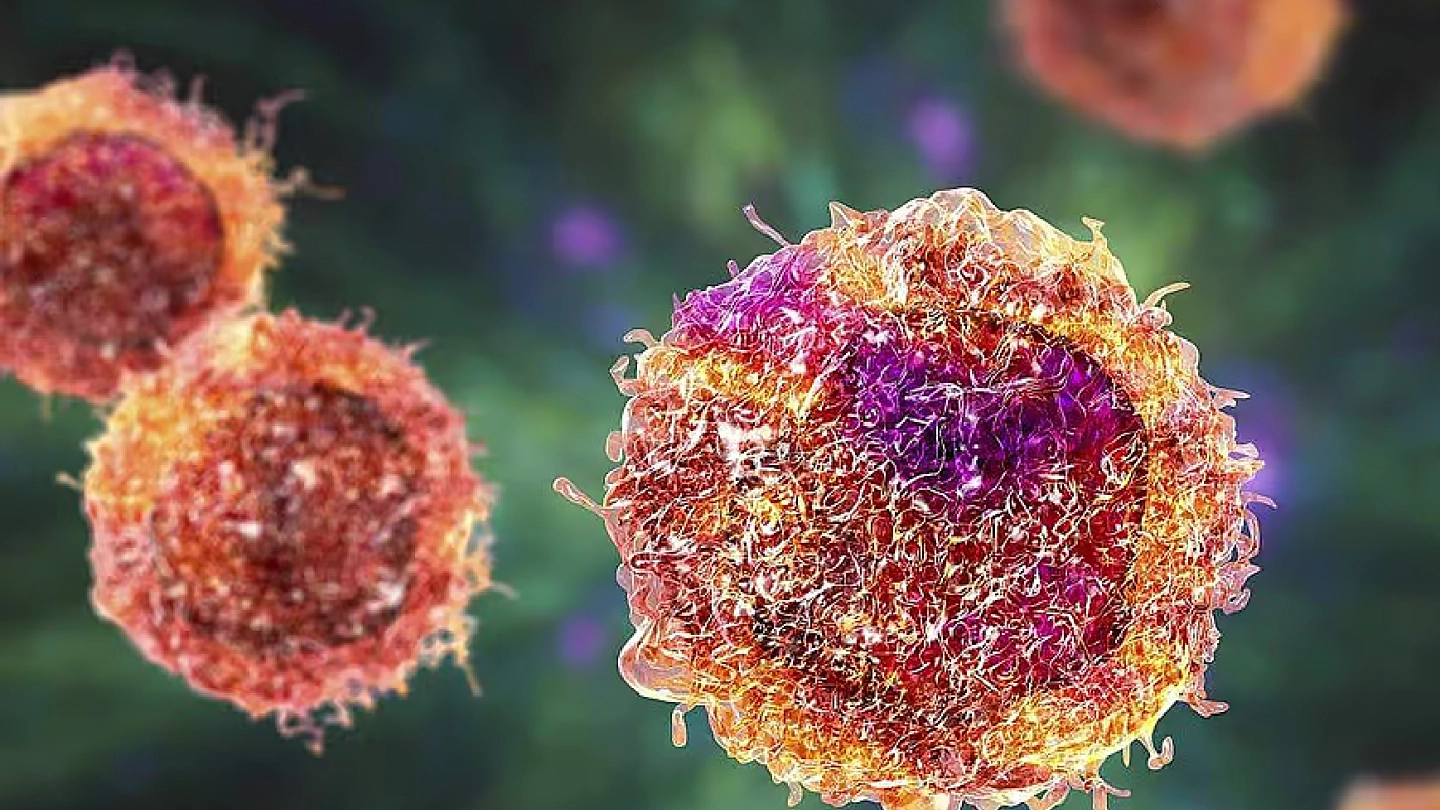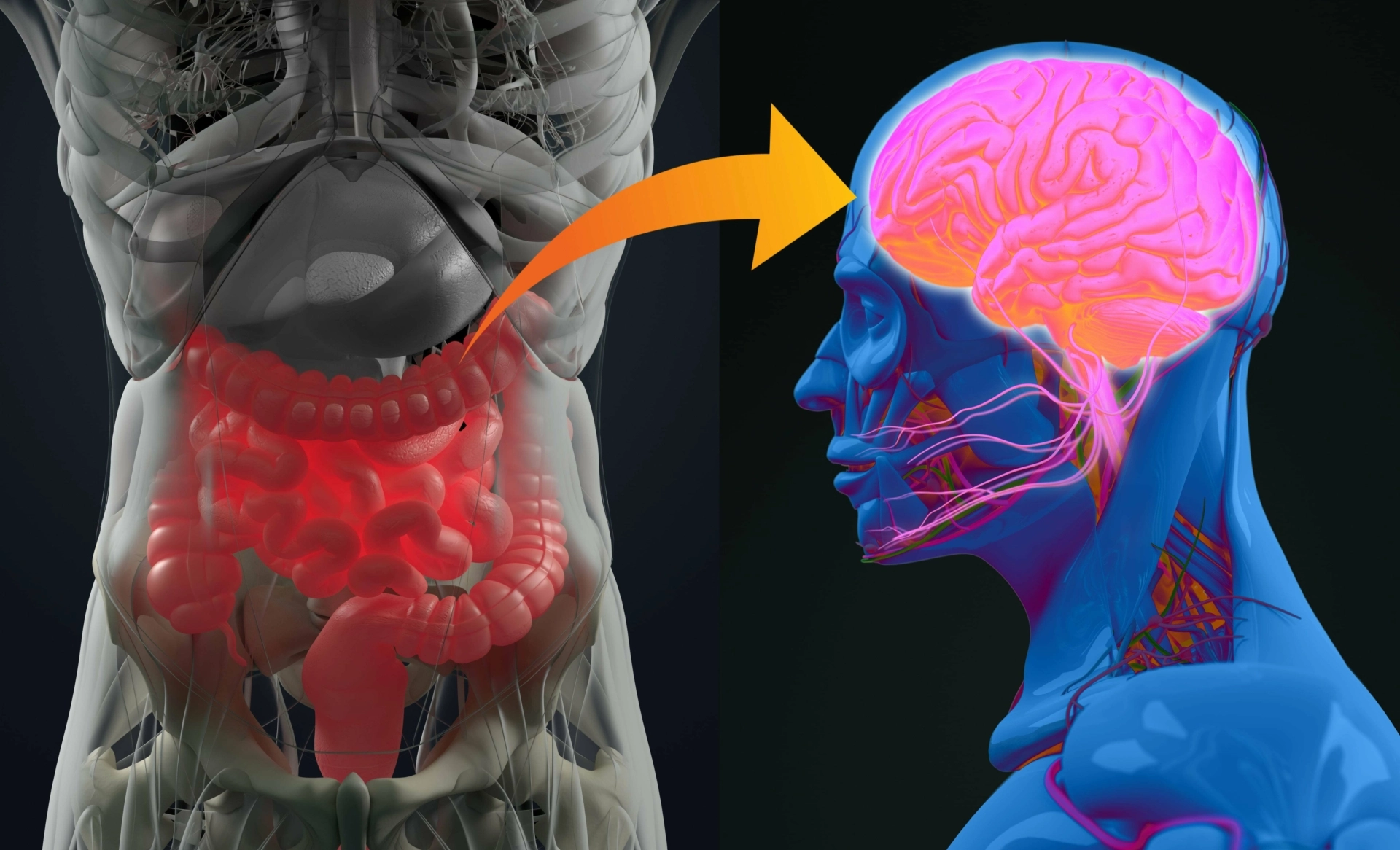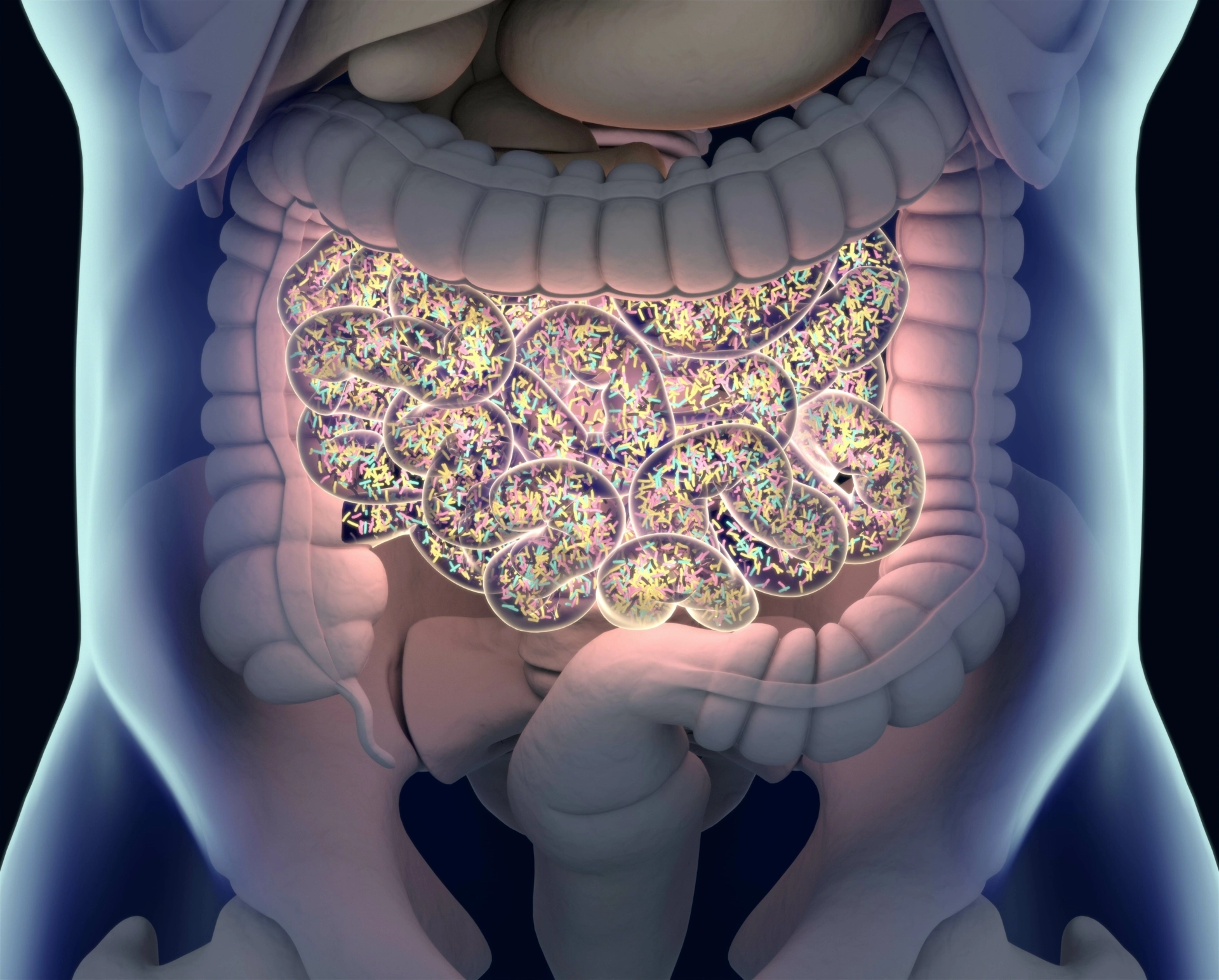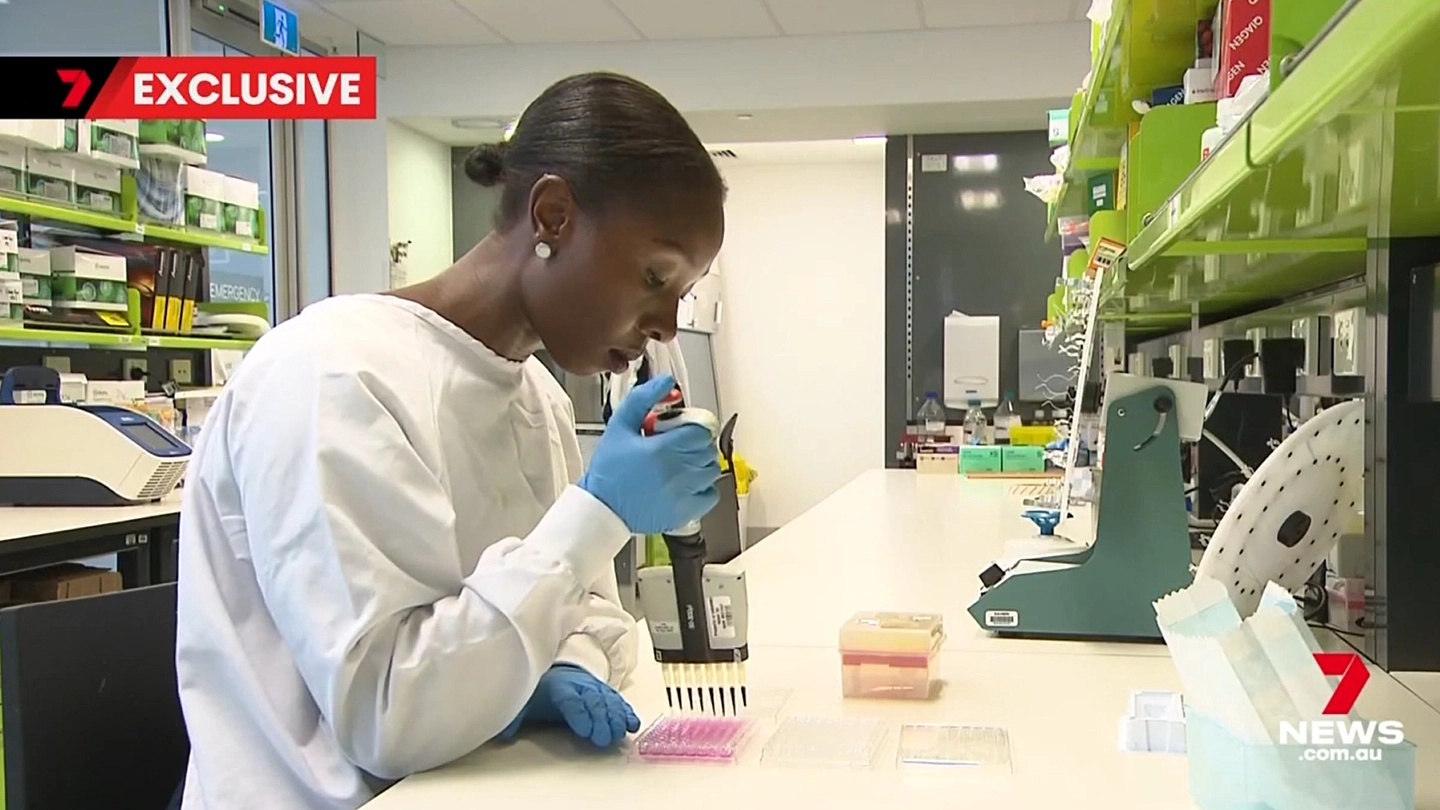A review by SAHMRI and University of Adelaide researchers has led to the hypothesis that an imbalance of gut microbiome could contribute significantly to an increased risk of relapse for people living with chronic myeloid leukaemia (CML) and acute lymphoblastic leukaemia (ALL).
Published in Microorganisms, the review was led by Dr Ilaria Pagani and Dr Hannah Wardill, analysing the results of more than 100 studies relating to cancer and microbiome. They found a common link between the mix of bacteria in the gut and a heightened potential to create a tumor growth promoting microenvironment in the aftermath of cancer therapy.
“Chemotherapy, radiation, antibiotics and other cancer treatments can disrupt the gut microbiota, leading to harmful changes that may compromise treatment effectiveness. This disturbance in the gut can trigger inflammation, infections, and other adverse effects that undermine recovery,” Dr Pagani said.
Studies showed dietary intervention is proven to induce significant changes in the gut microbiota composition in a matter of days but can be difficult to implement in people with cancer due to eating difficulties.
Dr Wardill, a Hospital Research Foundation Fellow and leader of the Supportive Oncology Group at SAHMRI, says understanding the connection between an imbalanced gut microbiota, deregulation of the immune system and leukaemia relapse could open avenues to new therapies capable of simultaneously reducing both cancer progression and chronic toxicities.
"Our review found significant evidence that therapeutic approaches such as probiotics and fecal transplants from healthy donors can restore microbial balances and potentially reduce the risk of cancer relapse,” Dr Wardill said.
"By better understanding exactly how these treatments affect gut bacteria, we can potentially develop innovative strategies to enhance cancer treatment efficacy and mitigate its long-term consequences."
Still an emerging therapy, fecal matter transplant (FMT) is currently only approved to treat certain infections and more research is needed to campaign for its use in cancer care.
The review’s insights pave the way for future research built on harnessing the gut microbiome’s potential to improve cancer treatment outcomes.





